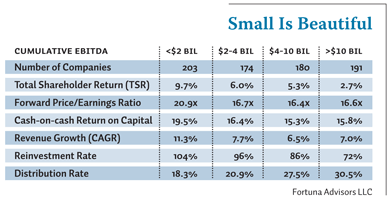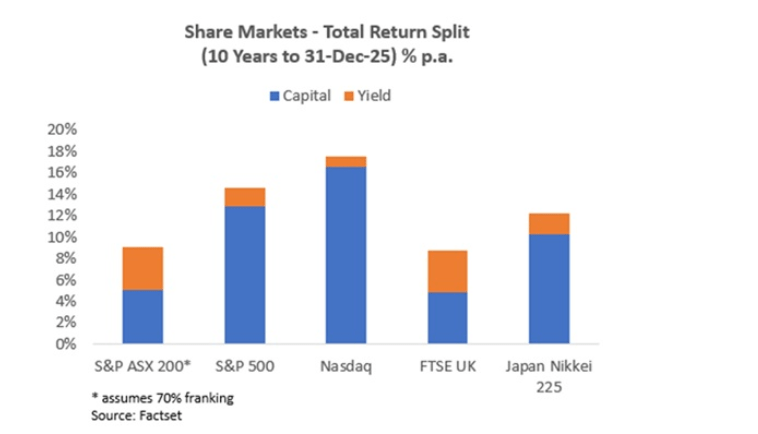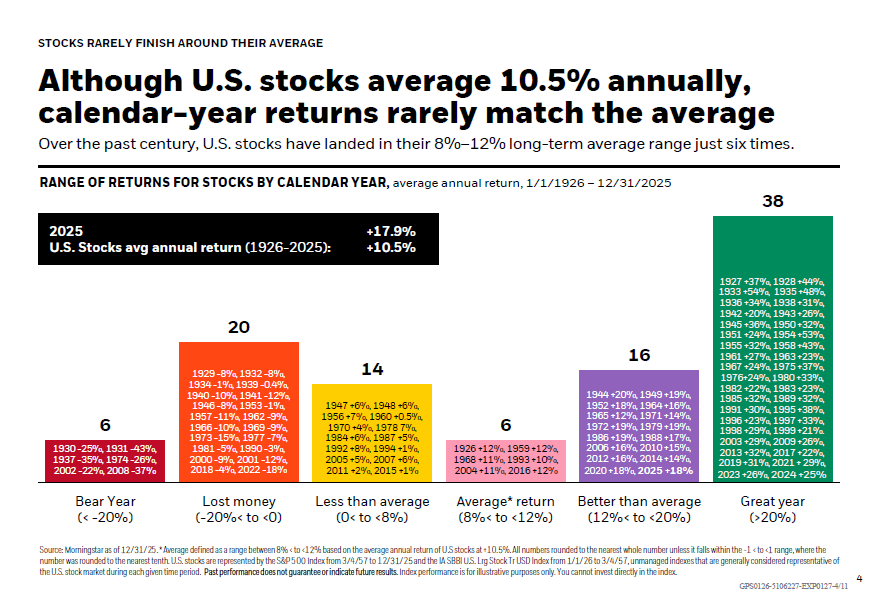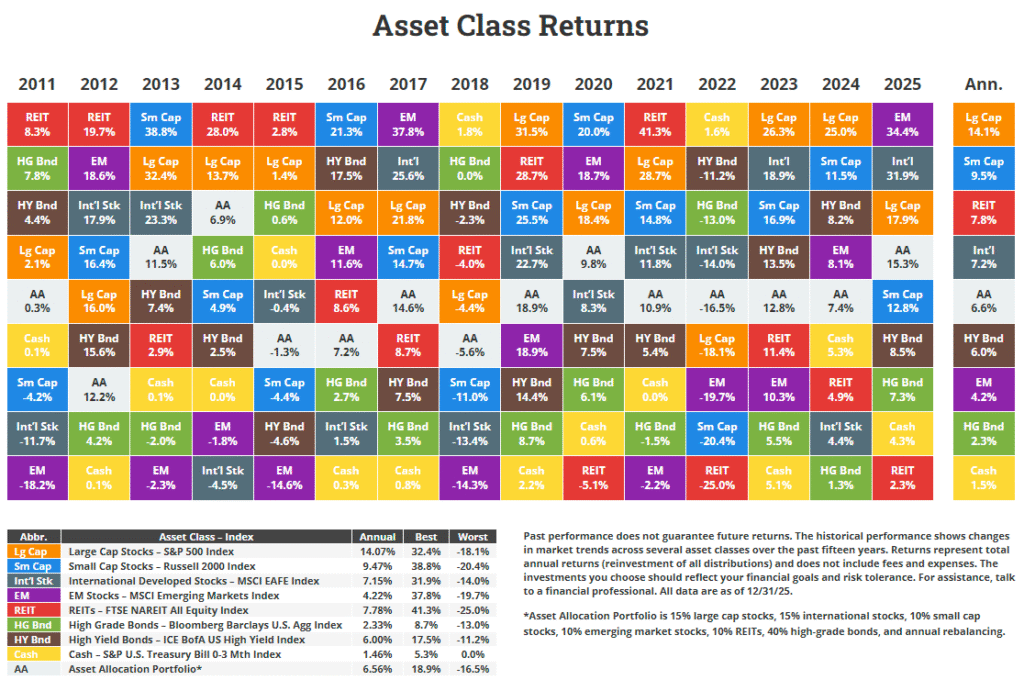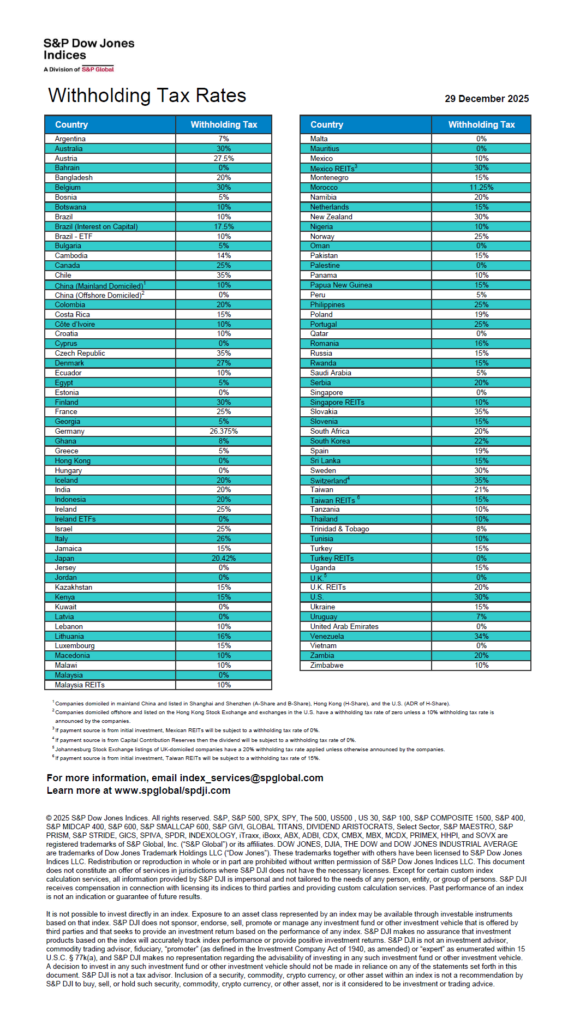Smaller companies in general tend to yield better returns than larger companies despite their higher risk and other perceived negative factors. I came across two articles that confirms that stocks of small companies are better investments than most large companies.
From “Why So Many Blue-Chip Investors Are Still Singing the Blues” by Jason Zweig in The Wall Street Journal:
Over the past decade, the Dow Jones Industrial Average and the Standard & Poor’s 100 index—selected baskets of the biggest stocks—produced an annual average total return of 4.7% and 2.1%, respectively. Small and midsize companies provided an annualized total return of roughly 9% over the same span.
Jason added:
Leslie Hannah, a business historian at the London School of Economics, analyzed what happened to the world’s largest companies (as measured by stock-market value) between 1912 and 1995.
The winners more than made up for the losers, but most didn’t win. By 1995, only half the 100 largest concerns survived in their original form; fewer than one in five stayed among the 100 biggest; and only a third finished larger than they began. The rest shrank, died or got digested by other companies. Adjusted for inflation, the typical blue chip finished the period at only 40% of its original market value.
Almost no one invests on an eight-decade time horizon, but over shorter periods the story is the same—as the sluggish stock prices of many of today’s giants suggest.
A research study on 1000 largest non-financial U.S. companies by Fortuna Advisors LLC found that small cap stocks with market caps of less than $2.0 billion returned the highest return to shareholders in 10 years than large cap stocks. From the study titled “Too Big to Succeed?“:
Our capital-market research on the 1,000 largest nonfinancial U.S. companies, excluding those that were not public for the full decade of the 2000s (net sample size: 748 companies), indicates that size does indeed matter — but more as a shortcoming than an advantage.
We separated the companies into four categories based on their total size in terms of earnings before interest, taxes, depreciation, and amortization (EBITDA) for the full decade. Then we assessed various measures of share-price performance, valuation, and operating performance. Since executives in large companies indicate that it becomes more and more difficult to reinvest a large percentage of cash flow back into the business as cash flow grows, reinvestment rate seems to be one very useful categorization of size.
As shown in the table below, the largest companies delivered median annualized total shareholder returns (TSR) of 2.7%, including both dividends and capital gains, versus 9.7% for the smallest group. Although the results for individual companies varied, investors were typically much better off investing in smaller companies rather than large companies.
The results also held when we assessed the valuation multiples. We examined the average forward price-earnings (PE) ratio based on the share price at the end of each of the 10 years, divided by the consensus research analysts’ estimates for earnings per share over the next 12 months. The median of the smallest companies has an average forward PE ratio of 20.9x, in contrast to 16.6x for the largest group.
Our analysis indicates these substantial share-price performance gaps can be at least partially explained by differences in operating performance. The largest companies generated 15.8% cash-on-cash returns on capital versus 19.5% for the smallest companies, notwithstanding the “scale” advantage of the biggest players. Despite the ability to spread fixed cost across a larger base of business, they are actually less profitable.
The above study shows that the difference in total shareholder return between large companies and small companies is indeed substantial. So diversification among large, medium and small caps is extremely important in a building portfolio.
What are some of the U.S. medium and small cap stocks that investors can consider now for potential investment?
Unlike large caps, the universe of small and mid cap stocks is huge. The challenge for investors is to research and identify some of the winners. For small caps, the best option for most investors is to go with an ETF. Some of the small cap ETFs are listed below:
The following is a list of 20 randomly selected mid-cap U.S. stocks:
1.Company: Gardner Denver Inc (GDI)
Sector: Capital Goods
Current Stock Price: $81.95
2.Company: The Greenbrier Companies Inc (GBX)
Sector: Railroads
Current Stock Price: $25.23
3.Company:Church And Dwight Co Inc (CHD)
Sector:Personal & Household Prods.
Current Stock Price: $78.90
4.Company:Ametek Inc (AME)
Sector:Scientific & Technical Instruments
Current Stock Price:$44.62
5.Company: Applied Industrial Technologies Inc (AIT)
Sector: Capital Goods
Current Stock Price: $34.44
6.Company:Msc Industrial Direct Co Inc (MSM)
Sector: Capital Goods
Current Stock Price: $70.62
7.Company:Mettler Toledo International Inc (MTD)
Sector:Scientific & Technical Instruments
Current Stock Price: $173.30
8.Company:Kansas City Southern (KSU)
Sector: Railroads
Current Stock Price: $56.44
9.Company: Curtiss-Wright Corp (CW)
Sector: Misc. Fabricated Products
Current Stock Price: $32.99
10.Company:Global Payments Inc (GPN)
Sector:Consumer Financial Services
Current Stock Price: $51.65
11.Company:Equifax Inc (EFX)
Sector:Business Services
Current Stock Price: $38.44
12.Company:Genesee & Wyoming Inc (GWR)
Sector:Railroads
Current Stock Price: $59.57
13.Company:Donaldson Co Inc (DCI)
Sector:Capital Goods
Current Stock Price: $60.21
14.Company: Timken Co (TKR)
Sector:Misc. Fabricated Products
Current Stock Price: $52.48
15.Company:Smurfit Stone Container Corp (SSCC)
Sector:Containers & Packaging
Current Stock Price: $38.02
16.Company: Pitney Bowes Inc (PBI)
Sector:Office Equipment
Current Stock Price: $24.63
17.Company:Legg Mason Inc (LM)
Sector: Investment Services
Current Stock Price: $34.37
18.Company:Sealed Air Corp (SEE)
Sector:Containers & Packaging
Current Stock Price: $25.71
19.Company:Eaton Vance Corp (EV)
Sector:Investment Services
Current Stock Price: $32.94
20.Company:Mcdermott International Inc (MDR)
Sector:Oil Well Services & Equipment
Current Stock Price: $21.85
Note: Prices noted above are as of market close May 6, 2011
For investors who would rather prefer to play it safe or do not have the time to research and analyze mid-size companies, the easy and simple way to invest in them is to select an ETF. Some of the ETFs available for mid-caps are listed below:
- MidCap SPDRs (MDY)
- iShares S&P MidCap 400 Index Fund (IJH)
- iShares Russell Midcap Index Fund (IWR)
- iShares Morningstar Mid Core Index Fund (JKG)
- SPDR DJ Wilshire Mid Cap ETF (EMM)
- Vanguard Mid-Cap ETF (VO)
The list of mid-cap ETFs can be found here.
Disclosure: No Positions
